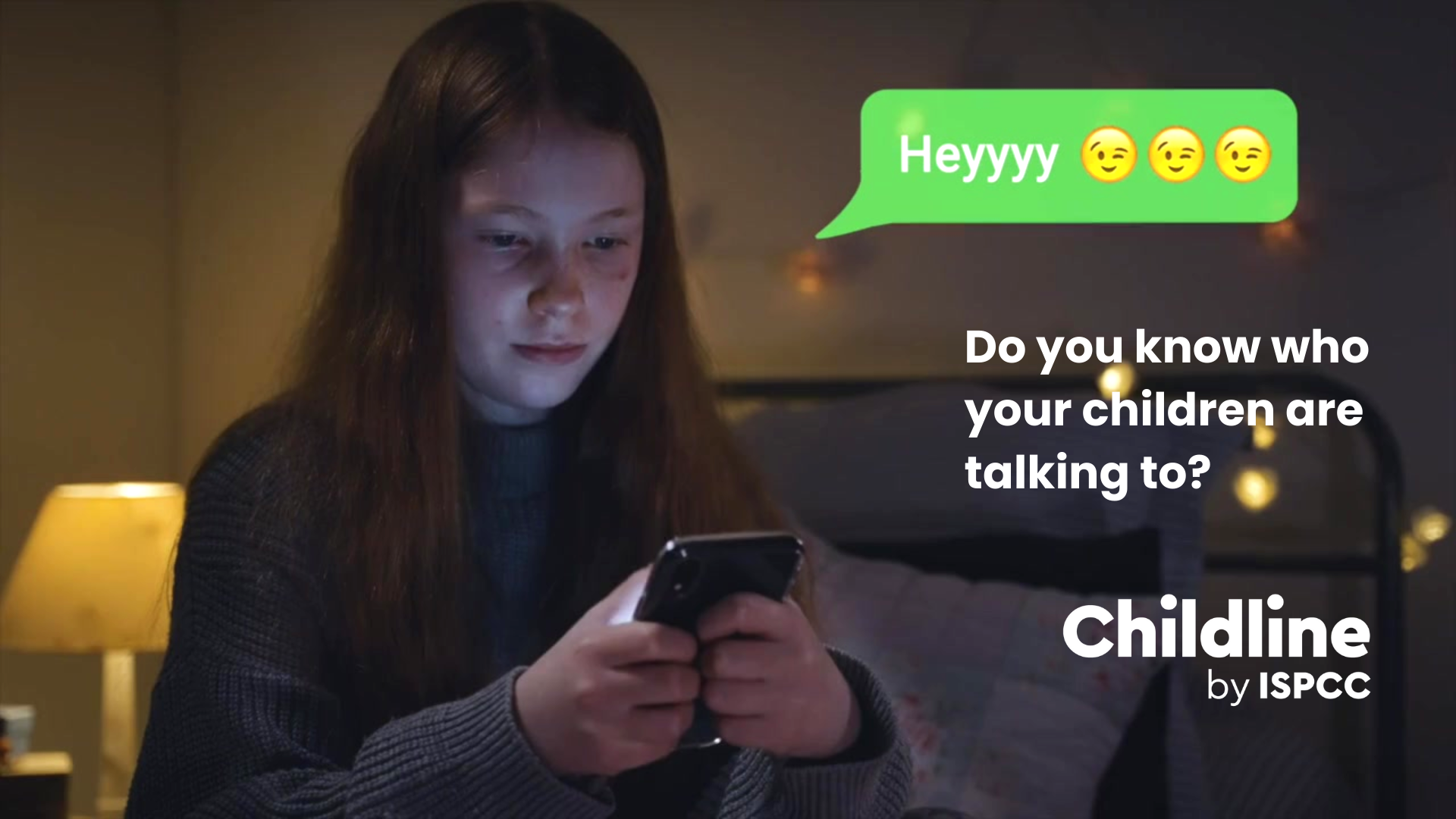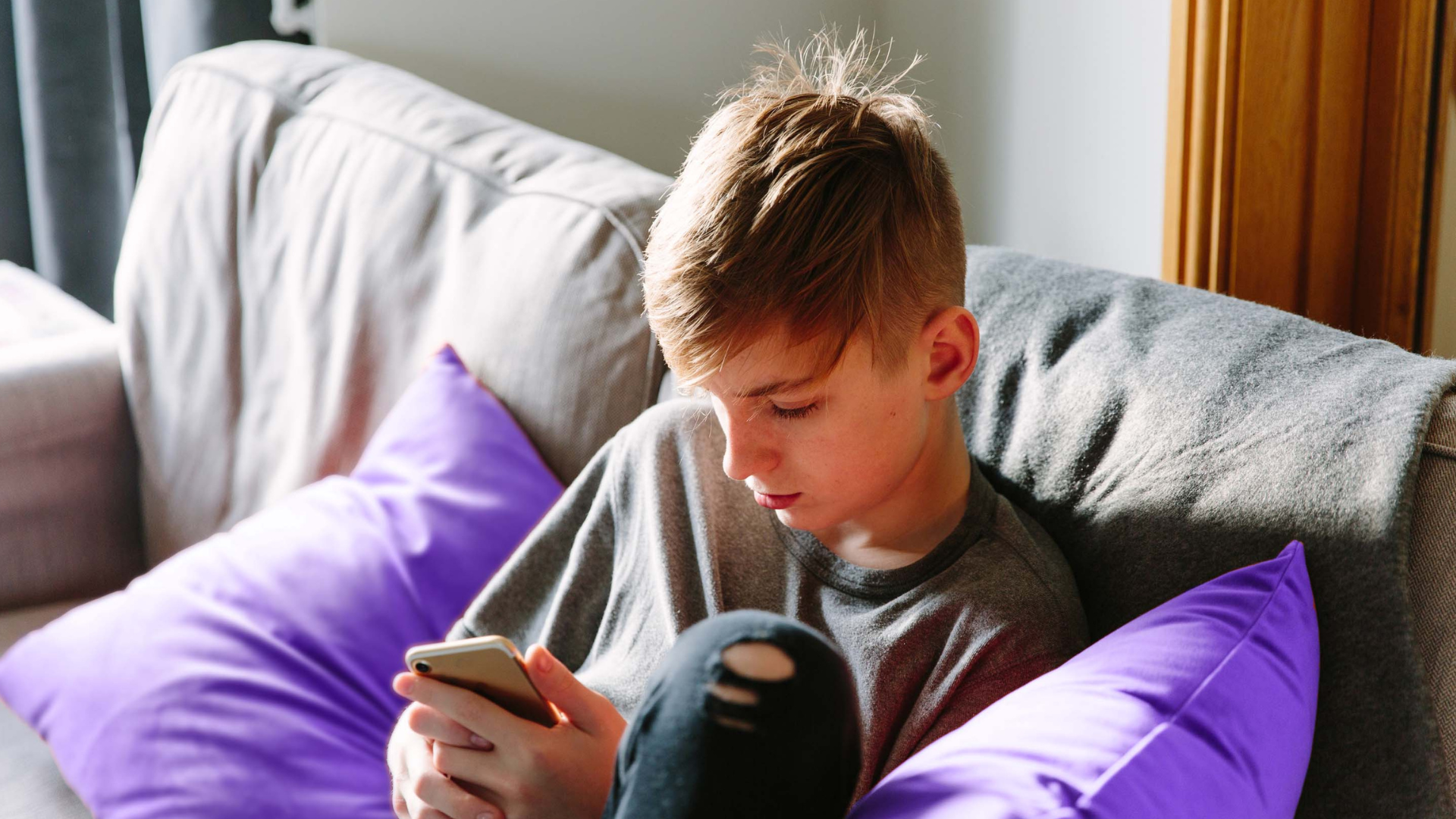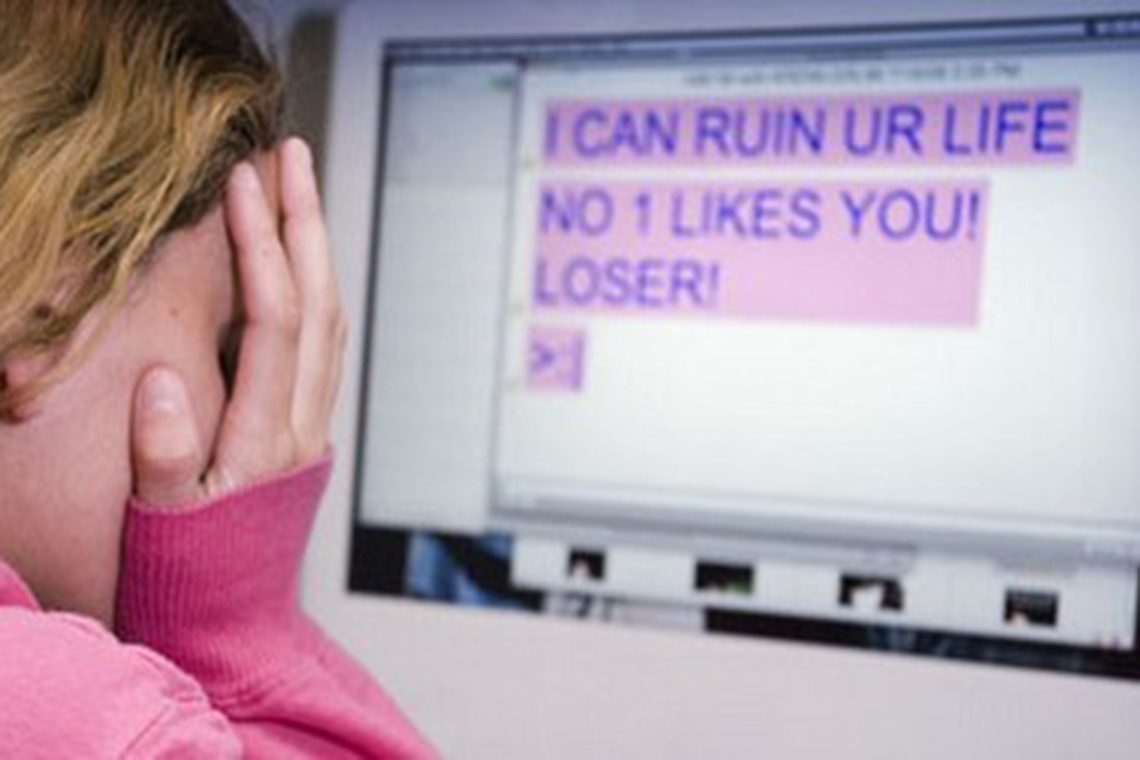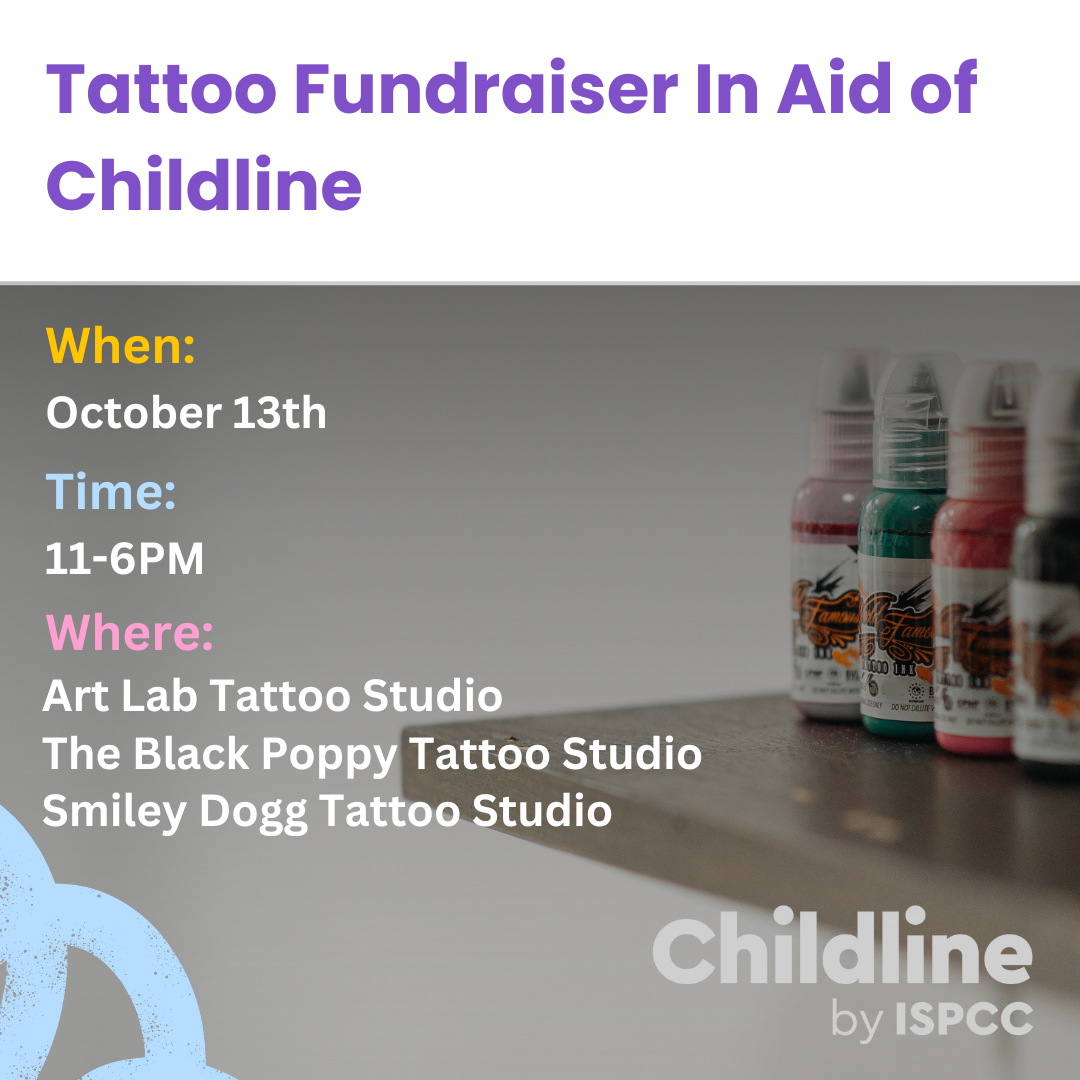It is great to hear that you attended the Coco’s Law Webinar and we hope you found it helpful…
Continue readingWhat is Coco’s law? ISPCC is offering a FREE webinar all about the law around the sharing of intimate images
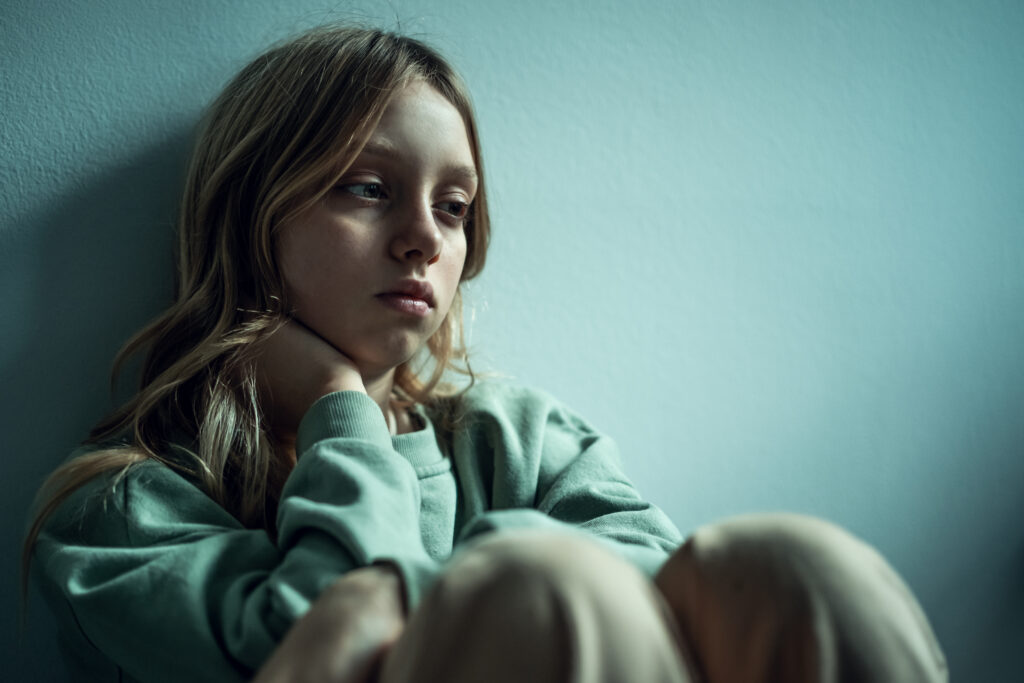
Coco’s Law was born out of a tragedy and while many people may have heard about the death of Nicole ‘Coco’ Fox, few really understand the law enacted in her name. ISPCC can help. Fiona Jennings, Head of Policy and Public Policy at ISPCC, is leading a webinar explaining all about Coco’s Law on April 30th. It is free to all.
Coco died aged just 21 after relentless online bullying. Her mother Jackie campaigned tirelessly to change the law on the sharing of intimate images, and she succeeded in December 2020 when Harassment, Harmful Communications and Related Offences Bill, known as Coco’s Law, was signed into law.
The online world is constantly evolving and pressure on young people is ever present. The revelation that nearly one in six young teenagers were cyberbullied in 2022, according to the new World Health Organisation Europe report, an increase from 13% just four years ago, comes as little surprise to those at ISPCC who work with children and young people and see the very real impact of cyber-bullying on them.
The ISPCC webinar on Coco’s Law is an information session for parents and professionals and it will focus on the following:
• Awareness of Coco’s Law
• Recognition of the issues that it covers
• Guidance on how to avail of its provisions
Webinar details are:
April 30, 2024, from 7pm to 7.30pm
To register for the event, please follow this link: https://bit.ly/4aOKNKb
Who are our children talking to online, asks ISPCC as it launches new campaign ahead of Safer Internet Day 2024.
ISPCC has developed a new ad campaign alerting parents to the dangers of online grooming in the run up to Safer Internet Day on February 6.
One thing we know for sure is that the online landscape is ever-changing, and that’s a scary prospect for even the most tech-savvy of parents.
We have released a range of helpful articles and videos on our Digital Ready Hub, and Parenting Hub to help equip parents with the tools to teach their children how to stay safe when they’re online while also encouraging them not to fear new technology.
We are also delighted to bring you this FREE webinar series to coincide with Safer Internet Day 2024. These webinars aim to support families and their young people to be safe online.
Register below:
Parents, face your fears, teach your children to be safe online with FREE webinars from ISPCC
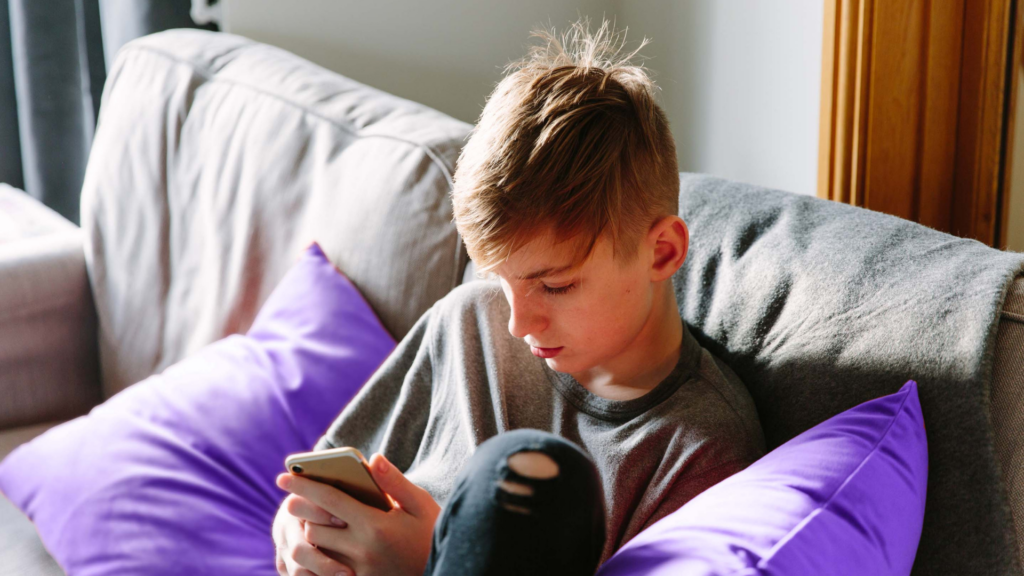
January 22, 2024
New year, new you, new evolutions in the online world. One thing we know for sure is that the online landscape is ever-changing, and that’s a scary prospect for even the most tech-savvy of parents.
But ISPCC can help equip you with the tools to teach your children how to stay safe when they’re online while also encouraging them not to fear new technology.
ISPCC parenting lead Siobhan Harvey and Niamh Clarke, Manager of ISPCC Smart Moves programme, are hosting a one-hour webinar designed to help parents to learn more about online safety and to develop the key skills necessary to support their child.
But it is also important to involve your child in learning how to safely navigate online. So the following day, ISPCC is hosting a second, 30-minute webinar aimed at children aged 12 years and over accompanied by a parent.
The aim of this series of webinars is to help parents and carers to recognise ways to interact with your child’s online world and day-to-day experiences and to allow young people to discuss their feelings in a safe space.
Our goal is to encourage parents to reflect on how you might support your child to navigate the online world, as well as implement digital boundaries. We will provide guidance on how parents and young people can deal with cyberbullying and upsetting content online and we will offer practical solutions and tips to help your child stay safe online.
ISPCC’s webinars will provide a non-judgemental place to ask questions, while also offering key take-aways in bite-size, easily digestible chunks.
We at ISPCC know only too well the importance of staying safe online. Children and young people tell us their concerns through our 24/7 Childline listening service, through our therapeutic services and through our Shield Anti-Bullying programme.
We understand that parents, carers and young people are concerned that our increasing reliance on digital technologies are exacerbating feelings of anxiety and depression among our youth, and we’re here to listen and to help.
Webinar details are:
Childline by ISPCC reports over 100 contacts made in relation to sexual abuse in past month
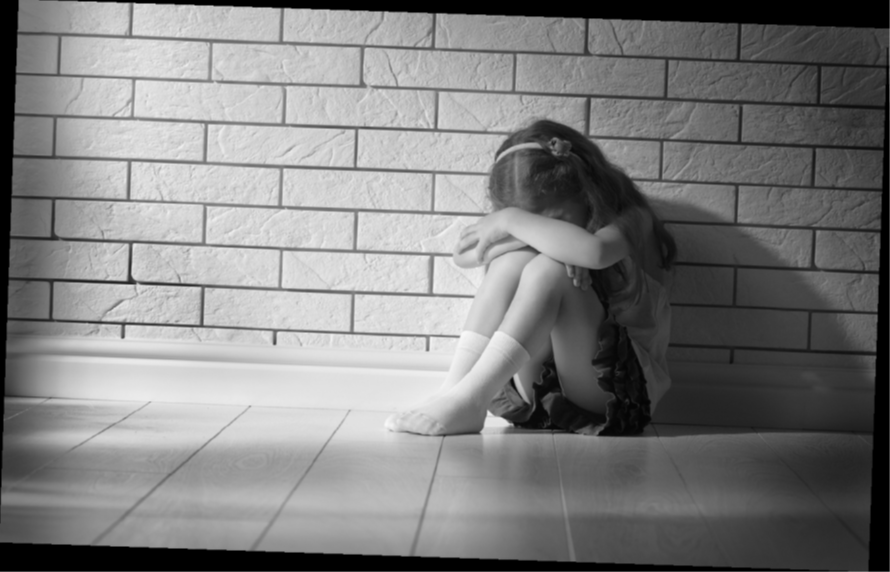
- Ireland’s only 24hour listening service for children and young people launches national Christmas appeal as harrowing statistics reveal up to 10 contacts per week from teenagers pertaining to rape
Dublin, November 27th, 2023 – Childline by ISPCC has today launched a national Christmas appeal with heartbreaking statistics that reveal Ireland’s only 24-hour listening service for children and young people receives:
• 120,000 contacts each year of which almost one quarter are classified “level 4” – the most concerning.
• 26 contacts from children and young people in relation to child sexual abuse on a weekly basis.
• 169 contacts about incest to date (November 27th, 2023)
• Weekly Childline by ISPCC receives between five to 10 contacts from teenagers about rape.
This Christmas the team of staff and volunteers at ISPCC will be working hard to address these horrifying statistics. The 24/7 Childline listening service means that there is always someone to listen if a child or young person needs to share their story, during the festive season and all through the year.
Many of the contacts received by the team at ISPCC are heartbreaking. One of our volunteers Ciara* spoke several times to a little girl named Orla* who rang about how scared she was of the monster who came to her bedroom at night.
This monster should have been one of the most trusted people in her life, but nine-year-old Orla was being sexually abused by a member of her family.
Another volunteer Maria* tells of a young caller Jess* who was also being abused at home. Jess had been calling Childline regularly and through talking to our volunteers had built up her courage and determination to protect and save her siblings from her own horrifying experience.
Orla and Jess’s experiences are not rare. According to the CSO Sexual Violence Survey 2022, 41% of respondents, aged 18-24, experienced sexual violence as a child. Of those surveyed, 83% of victims knew the perpetrator.
Mairead McGinn, Director of Fundraising, ISPCC said: “Childline relies heavily on public generosity to help keep us here for every child and young person 24 hours a day. We depend on donations for up to 75% of the funding which keeps us listening 24hours a day, seven days a week, 365 days of the year. Every donation, no matter how small, makes a real difference and helps to ensure that we always provide a listening ear and support to those who need it.”
In addition to our 24/7 Childline service, ISPCC is also playing an active role to help prevent child sexual abuse through a number of proactive initiatives.
“At ISPCC, we know how important technology is as a means of combatting child sexual abuse. We are delighted to be involved in the GroSafe research project with TU Dublin, the aim of which is to develop a technology-enabled solution to build societal resilience to child grooming,” said Fiona Jennings, Head of Policy and Public Affairs, ISPCC.
She continued: “We are also working with TU Dublin in an End Violence Against Children funded research project to develop a tool that reveals the patterns of adults perpetrating online child sexual abuse and the children who are affected by such violence.”’
To donate this Christmas, go to www.ispcc.ie/christmas-appeal-2023/
*Names have been changed
ENDS
Staying safe online: ISPCC offers FREE webinars for parents and their children on World Mental Health Day
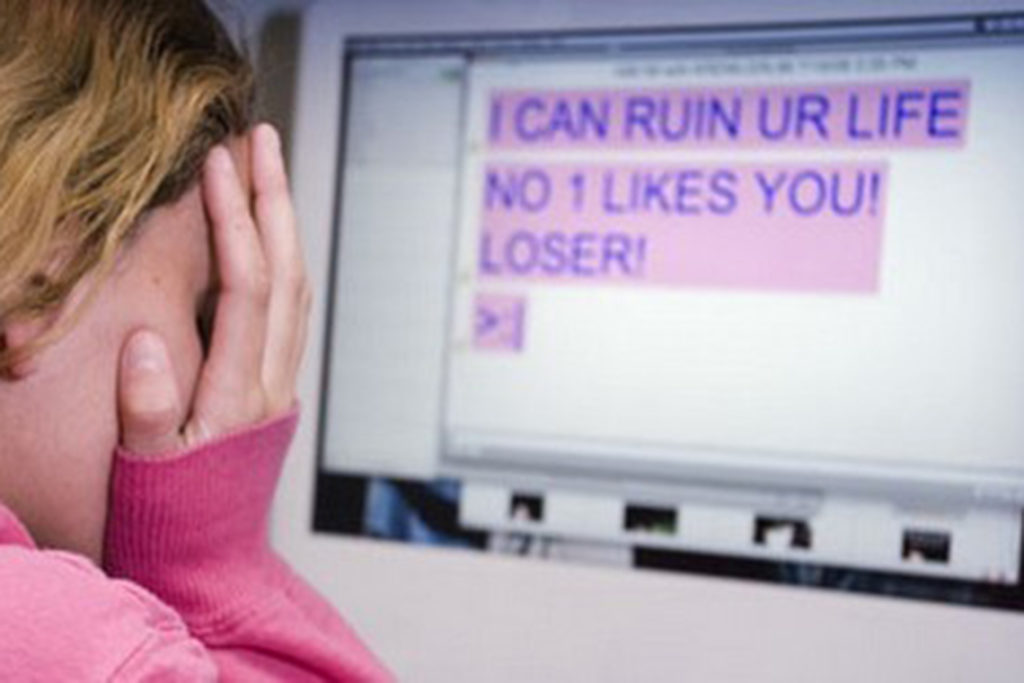
October 2023
The online landscape is constantly shifting and evolving and it’s hard for even the most tech savvy among us to keep on top of the latest developments. As a parent, teaching your children how to stay safe when they’re online while also encouraging them not to fear new technology is a very tricky balance. ISPCC can help.
This World Mental Health Day on October 10, ISPCC parenting leads Siobhan Harvey, Niamh Clarke and Victoria Howson are hosting a one-hour webinar designed to help parents of those aged 12 and over to learn more about online safety and to develop the key skills necessary to support their child.
But it is also important to involve your child in learning how to safely navigate online. So two days later, on October 12, ISPCC is hosting a second, 30-minute webinar aimed at children aged 12 years and over accompanied by a parent.
The aim of both webinars is to help both parents and young people to increase their online knowledge and to critically analyse relevant issues. Parents will learn the key skills to support their children, while young people will learn more about how to safely navigate online.
Online safety is a huge area and the thought of it can be daunting, but these webinars will provide a safe, non-judgemental place to ask questions, while also offering key take-aways in bite-size, easily digestible chunks.
We at ISPCC know only too well the importance of staying safe online. Children and young people tell us their concerns through our 24/7 Childline listening service, through our therapeutic services and through our Shield Anti-Bullying programme.
We know what is worrying children and young people in Ireland; we know what is on their minds and we know how to support them.
We understand that parents, teachers and young people are concerned that our increasing reliance on digital technologies are exacerbating feelings of anxiety and depression among our youth, and we’re here to listen and to help.
Webinar details are:
- Parents webinar, Tuesday, October 10, 7pm to 8pm. To register, click here
- Parents and young people webinar, Thursday, October 12, 7pm to 7.30pm.
Making their mark – the tattoo shops teaming up for Childline
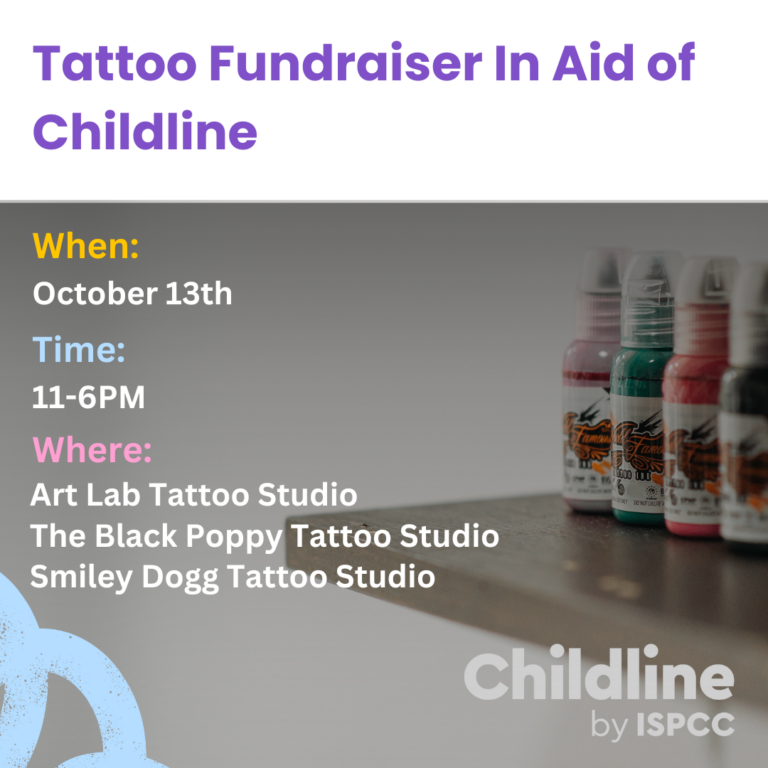
Three tattoo shops in Cork are coming together for one day only to support the fabulous work carried out by ISPCC volunteers on our 24/7 Childline listening service.
On Friday, October 13, 2023, Black Poppy, Smiley Dogg and Art Lab will donate 100% of their profits to ISPCC. Customers can choose from flash sheets ranging from €60 to €100, while temporary tattoos are also available, including Childline-related symbols and Friday the 13th effects.
The three shops will be open from 11am to 6pm, and people can donate in each studio when they’re paying for their tattoo. Those who are unable to make the event or want to make an extra donation can go to the Childline idonate page: https://www.idonate.ie/cause/ISPCC
For Dee Byrne of Smiley Dogg Tattoo, teaming up with their supposed rivals was an easy decision. “By uniting with other tattoo studios in the community in support of the Childline fundraiser, we are demonstrating that art, compassion and collective effort can bring about meaningful change,” says Dee.
She adds that Childline’s mission of providing a lifeline for vulnerable children and adolescents resonates deeply with her and her fellow creatives at Smiley Dogg Tattoo, which has two branches in Cork city – at North Main St and Oliver Plunkett Street.
“We hope that by engaging in this fundraiser, we can channel our creative passion into making a difference in these young lives. Each ink stroke will serve as a symbol of optimism and hope, a testament to the resilience of these youngsters and a reminder that art can go beyond visual appearances to positively impact lives.”
Dee’s feelings are echoed by Jacob Stahlecker, co-owner of Black Poppy, which is located on Father Matthew St, who says that the artists at the studio have been committed to giving back to our adopted homes and community since it opened in 2020. He is very happy to support the fundraiser for Childline, a service that provides support for all children and young people, no matter what’s on their mind.
ISPCC needs to raise over 75% of its funding through donations each year to ensure we can be there to support children and young people 24-hours a day, 365 days of the year. We rely on the generosity of the public and are grateful for all support. We encourage children to reach out for any reason.
ISPCC CEO John Church appointed to the Board of Mental Health Reform
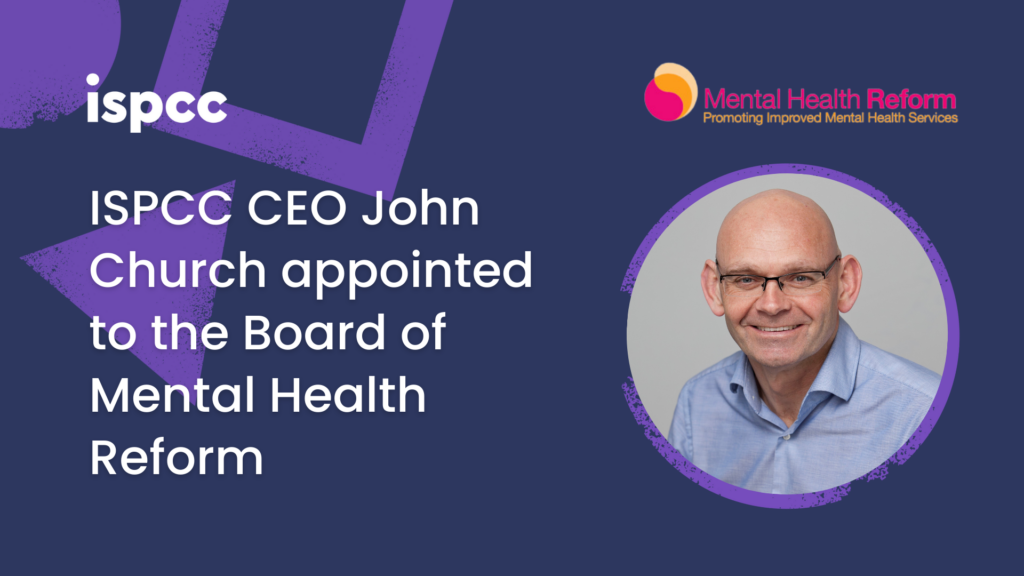
John Church, ISPCC CEO, has been appointed to the Board of Mental Health Reform (MHR) following the ratification of his nomination at today’s annual general meeting in Coleraine House, Dublin 7.
John is a leading voice for advocacy for children and young people in Ireland. The areas of online safety for children and young people coupled with their mental health and well-being have been a particular focus for John since assuming the CEO role at ISPCC in 2018.
Commenting on his appointment John said: “I am proud to join the MHR Board and I look forward to working with my fellow board members to tackle the mental health challenges currently faced by children and young people in Ireland. At ISPCC, mental health concerns are one of the primary reasons why children and young people use our services. I believe that the Government must commit to a policy of both targeted and universal investment in mental health service provision for all children and young people.
“We reiterate our call for Government to commit with haste to the implementation of the Pathfinder interdepartmental unit on youth mental health in order to align and streamline the mental health responsibilities across various government departments.”
Continued Church: “This has been a key policy ask of the ISPCC since it was first recommended in the National Youth Mental Health Task Force Report in 2017, of which ISPCC was a member. There can be no further delay if we are truly committed to providing a world class mental health service to children and young people across Ireland.”
The ISPCC is a proud and active governing member of Mental Health Reform and looks forward to working with fellow board members to deliver on MHR’s new ambitious strategic plan.
ISPCC partners with TU Dublin to combat child grooming
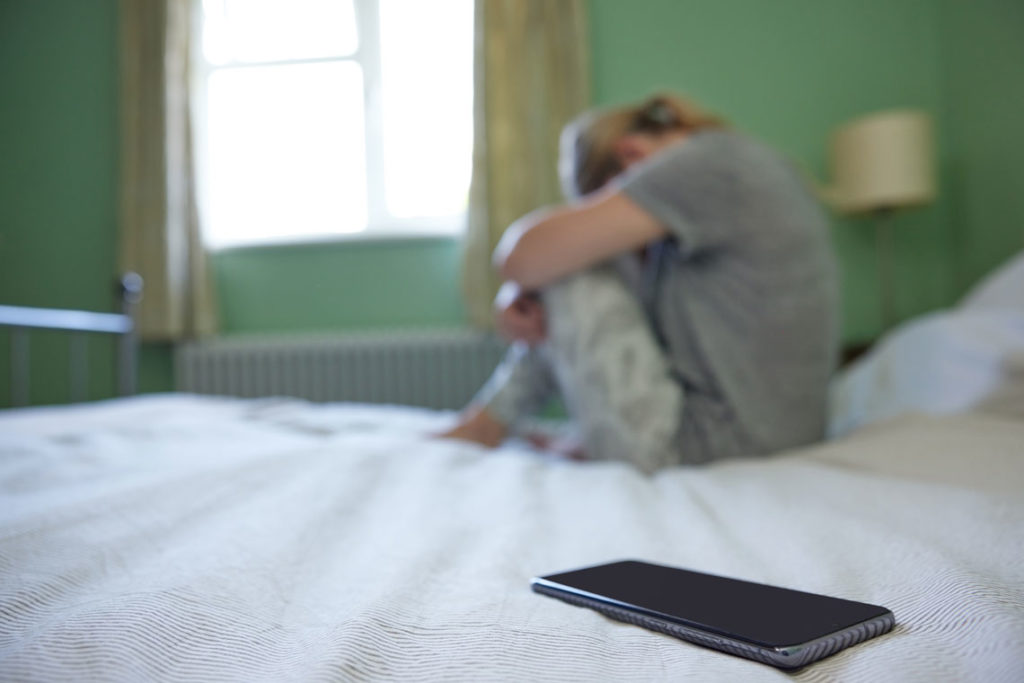
The ISPCC is proud to be a member of the GroSafe
research team led by TU Dublin and funded under Science Foundation Ireland’s
National Challenge Fund – OurTech. The aim of the GroSafe team is to develop a
technology-enabled solution designed to build societal resilience against child
grooming.
Grooming refers to someone building a relationship with a child or young person in order to manipulate, exploit and/or abuse them. It can happen both in person and online. Incidences of children and young people being targeted often go unreported and, consequently, we don’t fully understand the extent of the problem and how these acts are committed.
A
further consequence of this lack of understanding is whether the supports and
systems in place are equitable in helping people to report such crimes against
children.
The development of GroSafe will help to
overcome the existing obstacles to increase reporting rates in our communities.
This will enable the more effective allocation of resources and ultimately
reduce harm to one of society’s most vulnerable populations.
Parents and caregivers want to keep their children
safe but, unfortunately, it’s not possible to keep an eye on a child 24 hours a
day and it’s even more challenging when they go online.
Some indications of children and young people being
groomed include becoming secretive about how they are spending their time both
online and offline, having gifts that they can’t or refuse to account for and demonstrating
sexualised behaviour, language or an understanding of sex that isn’t
age-appropriate.
Products and services built on end-to-end
encryption can adversely affect the detection of such behaviour. This means
that it’s crucial for children, young people and their families to be empowered
to identify these harmful activities and to report such crimes.
Fiona Jennings, ISPCC Head of Policy and Public
Affairs, said: “The grooming of children for nefarious means is a complex issue
and can have devasting consequences for all involved. Awareness is crucial as
often victims and their families don’t recognise when they are being groomed.
“The GroSafe team proposes to develop a
technology-enabled solution that increases this awareness and signposts to the
appropriate supports, including reporting.
“The use of technology is ubiquitous among children
and young people today. Therefore, it is important that we leverage this usage and
develop an appropriate solution in this environment. This invaluable
information will then help us to inform children, young people, their parents
or carers about emerging and evolving threats and to inform and improve our
policy responses.”
The collaborative research team comprises
TU Dublin researchers and the ISPCC as societal impact champions.
It is imperative that we all work
together to ensure children and young people are safe and protected, however we know from those who contact Childline
that this is not always the case.
What is Neuromarketing and how does it affect our children?
Neuromarketing could play a huge role in the future of advertising so it’s important to be aware of the potential implications
Continue reading